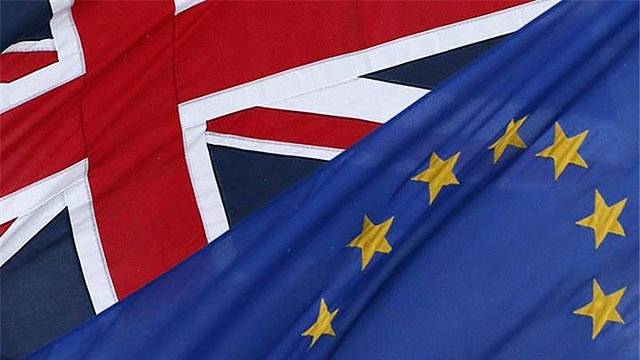
It has been a couple of months now since the British public voted to leave the European Union, but there is still an awful lot of uncertainty about what the Brexit vote really means from an economic viewpoint. Much of this uncertainty is down not so much to a lack of information as it is to the fact that the implications of Brexit and indeed the shorter-term results of the referendum are very complex.
Certainly the leave vote had an initial shock effect on the UK economy. 7.8% of the FTSE 100 was lost – the biggest contraction since 2008 – and at one point the overall London market was down by a total of £124 billion. Flight from property funds, which rapidly escalated to the implementation of a number of high-profile lock-ins, was no less pronounced.
Beyond this immediate impact, however, the situation has proved more complex than a simple matter of damage to the economy, and the full consequences of the vote will likely not emerge until years rather than months have passed. Many of the headlines surrounding the topic have promoted a simplified view of the situation by focussing on economic metrics or specific events which sound significant in themselves but which, taken in isolation, really reflect only a part of the bigger economic picture.
The degree to which specific factors fail to properly depict the big picture is perhaps best illustrated by the ease with which, theoretically, either a very positive of profoundly negative view of the post-referendum economy could be backed up with carefully-chosen but completely valid facts and metrics.
Claim up to $26,000 per W2 Employee
- Billions of dollars in funding available
- Funds are available to U.S. Businesses NOW
- This is not a loan. These tax credits do not need to be repaid
On the one hand, the aforementioned stock market tumble and property fund flights paint a less than encouraging picture, as do recent business activity surveys that show the fastest rate of economic shrinkage since the start of the global downturn. On the other hand, other data has shown the two-year highs in exports, a fall in the number of people claiming benefits, including seasonally-adjusted figures, and a bigger-than-expected jump in both retail sales and consumer credit.
So how is an investor supposed to interpret such a complex tangle of uncertainty and seemingly conflicting economic information? Well, perhaps ironically, the answer could be to take a more simplistic view – albeit one that seems rather counter-intuitive to human nature.
In the short-term, things are volatile, difficult to fully interpret, and nearly impossible to predict. As such, the emotional and human side of many investors leads them to pull out of assets that are shrinking or believed to be endangered.
In some ways, however, this is illogical; it often means they are liquidising sections of their portfolios into a currency which has itself fallen markedly in value, and are having to then wait until things become clearer before formulating any plan of where to invest instead. It may pay some of these investors to take a longer-view. Investing in high-quality assets that are likely to survive and pull through in the longer term could be better than focussing just on what is happening right now, and may even ultimately translate into an opportunity to buy high-quality investments while prices are low.
Hopwood House are property investment specialists, with a large portfolio of UK property investments including student, buy-to-let and commercial investments.



